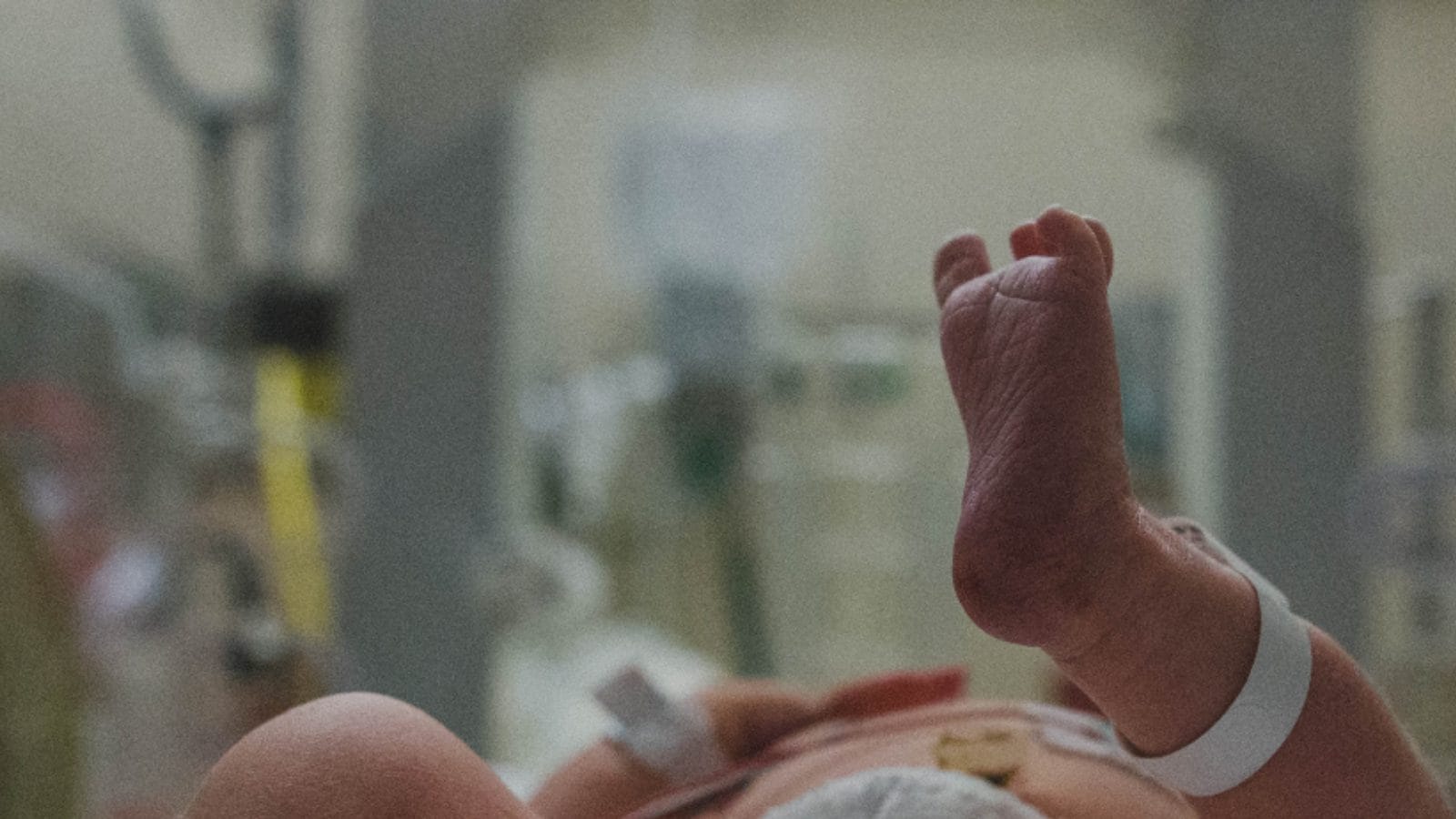All You Need To Know About NICUs And Incubators
The neonatal intensive care unit (NICU) has become synonymous with special medical care for premature babies. The instant image is of a fragile, tiny baby placed in a temperature-controlled environment. However, the NICU serves many other purposes beyond taking care of premature babies. The advanced technology involved here goes much beyond mere temperature control. The NICU is a space where trained healthcare professionals cater to the needs of newborns who have diverse nursing needs.
Who is the NICU for?
A majority of the patients in NICU are babies born before the 37 weeks of pregnancy, babies who weigh less than 2.4 kg or have a health condition that requires special care. According to Stanford Medicine, twins, triplets, and other multiples also need to be admitted in the NICU often as they tend to be premature and smaller than other babies. In addition, babies whose mothers have certain risk factors might have to be admitted to the NICU. These maternal risk factors include diabetes, hypertension, excess or lack of amniotic fluid, and premature rupture of the water bag/amniotic sac. Delivery complications, such as the baby facing a lack of oxygen or the umbilical cord wrapping around its neck also warrant admittance into the NICU.
Other than this, babies who are born after a period of 42 weeks, those who weigh over 4 kgs at birth, have breathing trouble, heart problems, infections, or congenital disabilities need intensive care.
ALSO READ: Study Finds Diabetes, Blood Pressure to be the Reason for Rise in Chronic Kidney Disease
What does the incubator do?
In the NICU, babies spend most of their time in an incubator. This high-tech machine is designed to provide a safe, controlled space for newborns to live until their vital organs develop.
The incubator’s setting can be changed to provide the baby with the ideal temperature, humidity, and oxygen concentration for their organs and skin to develop. The machine also offers protection from germs, allergens, and excessive noises and light.
ALSO READ: World Prematurity Day: Tips For Taking Care Of Your Premature Baby At Home
Incubators can also be equipped to monitor a baby’s vitals, giving caregivers in-depth insight into the baby’s health status. Additionally, the machine is open on top or has portal holes on the side to enable medical professionals to perform medical procedures and interventions. Incubators are designed to allow nutrient, medication, and blood delivery via an IV. Being in the NICU provides premature babies and newborns with other circumstances a much better chance of survival.
Read all the Latest Lifestyle News here
For all the latest lifestyle News Click Here

